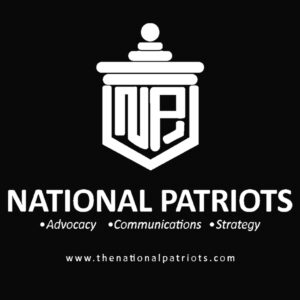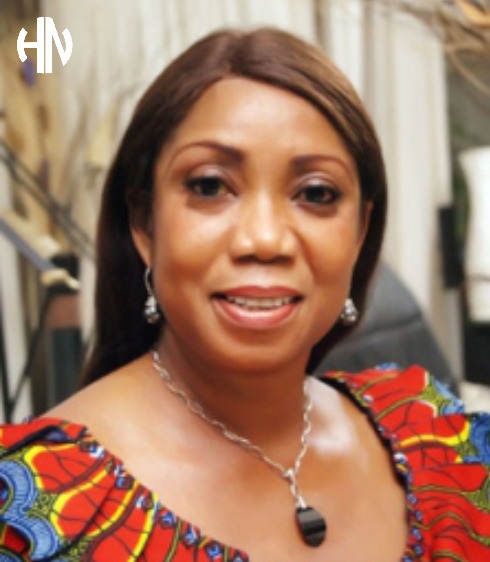When concern turns into coercion — Nigeria’s narrative pushed aside
According to Canadian parliamentary discussion, MP Andrew Scheer publicly accused Nigeria of “systematic persecution of Christians” in October 2025. While Canada has not (yet) formally adopted a full CPC-style designation for Nigeria, the tone signals that Canadian foreign policy may join the U.S. in applying pressure.
This adds a fresh dimension: what began as a U.S. unilateral move may be evolving into a multilateral front, raising the stakes for Nigeria.
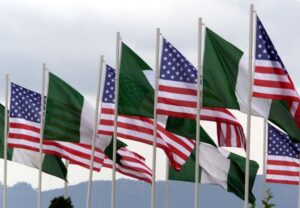
The U.S. precedent and Nigeria’s challenge
The U.S. under Donald J. Trump has already designated Nigeria as a “Country of Particular Concern (CPC)” over alleged Christian persecution.
Nigeria disputes the designation, arguing that its violence is insurgency-driven, affects both Christians and Muslims, and cannot legitimately be framed as state-sanctioned religious persecution.
Now, Canada’s similar rhetoric indicates Nigeria may face collective scrutiny by U.S. allies, not just Washington.
Why this matters: risk of diplomatic cascade
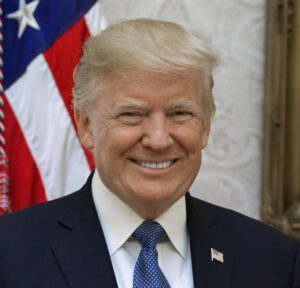
When a major power applies moral-freedom pressures and an allied state echoes them, it can form a diplomatic cascade: other nations, multilateral banks, and investors may follow suit. The effect: Nigeria’s reform agenda, investment climate, and national sovereignty are at increased risk.
If more states join the narrative of “religious genocide in Nigeria,” the CPC label’s evidence standard may effectively be lowered, making sanctions or other punitive measures more likely.
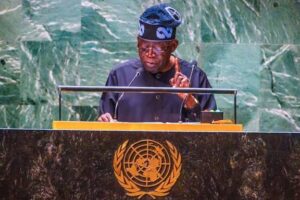
Why the core narrative is still flawed
Nigeria’s own argument remains:
The violence is not religious-state persecution but insurgency, banditry and terrorism affecting all faiths.
The CPC label, and the broader narrative of Christian genocide, lacks impartial verification.
Rhetoric from Canada and the U.S. fails to reflect the full complexity of the conflict, including substantial Muslim casualties and non-religious drivers of violence.
Those points matter because if the narrative is inaccurate, Nigeria has cause to argue the pressure is unjust and the designation unwarranted.
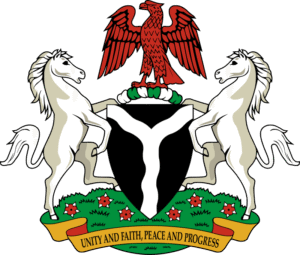
Historical context: previous CPC cases
Past cases show that nations can redeem themselves of CPC status by engaging, implementing reforms, and showing measurable progress. Nigeria must follow that blueprint—but the added pressure from multiple states raises the bar.
At the same time, pressure from multiple states means less room for error—the cost of failing to respond coherently rises.
What Nigeria should do in response to the growing alliance of pressure
Engage Canada directly: Address the concerns raised by Canadian parliamentarians, provide data, and reaffirm Nigeria’s religious pluralism.
Use diplomatic channels to break the bandwagon: Show that the multilateral movement is based on flawed premises, and appeal to countries that value sovereignty and development to resist adopting the narrative.
Publicly highlight the mischaracterisation: Use media and diplomatic fora to underscore the fact the violence is cross-faith and the victims are not exclusively Christian.

Reassure investors and international partners: As pressure builds, Nigeria must communicate stability, sovereign control, and reform credibly to maintain confidence.
A possible domino: what could follow
If Canada issues formal sanctions, others may quickly follow – e.g., European nations, Australia, Japan.
Nigeria then risks a coalition of diplomatic consequence, not just isolated pressure.
That means the window for reversing or reframing the narrative is narrowing—and Nigeria must act swiftly.

Canada Joins the US on the ill perceived crusade against genocide in Nigeria which is actually insecurity by foreign terrorists in the country.
Headlinenews.news

Conclusion: urgency, clarity and sovereignty
Canada’s alignment with U.S. pressure is not a mere coincidence — it signals a broader shift. Nigeria must recognise this and respond accordingly.
The good news: Nigeria’s position—no religious war, equal victimisation, full reforms underway—is strong, if clearly communicated. The challenge: ensure it is heard widely, credibly, and quickly.
The question now is whether Nigeria will stand resolute, articulate its truth, and redirect the pressure into partnership—but time is not on its side.
Princess Gloria Adebajo-Fraser MFR.
The National Patriots.
